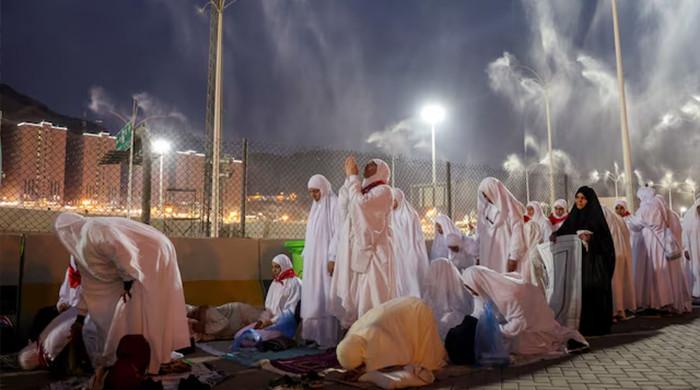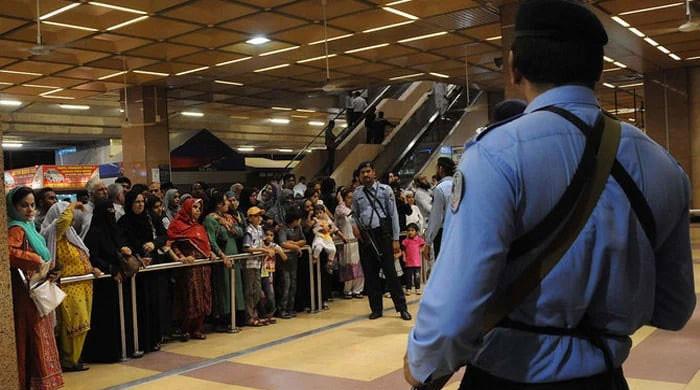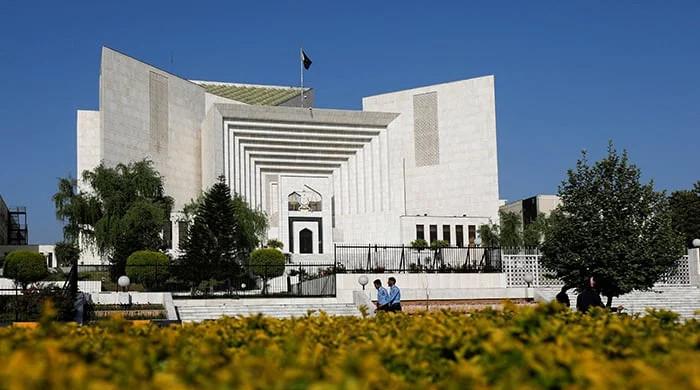
Pakistan's heatwave woes to worsen further as summer temperatures spike steadilyISLAMABAD - Deadly heatwaves are going to be a countrys much bigger socio-economic and health problem in the coming decades, particularly in densely populated urban areas of the country, as these global warming-induced extreme weather events are becoming more frequent and occurring over a much greater portion of the country, said climate change ministry spokesperson Mohammad Saleem.He said, But devastating fallouts of heat waves on humans can be largely mitigated through timely and effective responsive measures.He said that extreme heat waves, such as the one presently torching the various cities and towns of the country, are frequently cited as one of the most direct effects of global warming-induced climate change.Mr.
Saleem said that the Pakistan is most likely to suffer more frequent and intense heat waves as the average temperatures in the country are constantly increasing.Heat waves matter because they kill large numbers of people through heat stress, cause forest fires, reduce crop yields and damage ecosystems, which are not adapted to high temperatures, he emphasised.The media spokesperson said that the World Meteorological Departments reports show that annual average temperature in the country has jumped up by roughly 0.5C, which has led to five-fold rise in heat wave days over last 30 years.
Besides, the countrys annual temperature is well on path to rise by 3C to 5C due to a heat-trapping global carbon emissions.Such dangerously rising trends in temperatures will potentially continue to cast various negative effects on the countrys human health, spike frequency and intensity levels of extreme weather events including heat waves, cloudbursts, floods, glacial melt, agricultural productivity, water availability, coastal erosion and seawater incursion., the climate change spokesperson Mohammad Saleem highlighted.He said that humans are adapted to body temperatures of around 37C.
If humidity the levels of water vapour in the air goes up with the thermometer, then people caught in a zone of extreme heat cannot adjust body temperatures by perspiration.And, with every 1C rise in temperatures, the capacity of the air to hold moisture goes up by 7%.
People with no access to air conditioning or a cool breeze become, however, at high risk, he added.Quoting a study published last year in the Nature Climate Change Journal, Mohamamd Saleem said that globally one in three person is vulnerable to heat wave-related health impacts.
But by the year 2100, three out of four people on Earth could be subject to at least 20 days per year of heat and humidity associated with deadly heat waves, if carbon emissions from industries, transport, aviation, energy, deforestation and agriculture continue to rise at their current rates.The media spokesperson said further that according to the studys findings based on data about 783 heat wave incidents in 164 cities from 36 countries about 30% of the world's population (and about 13% of the land area) experiences at least 20 days per year on which the deadly threshold is reached.
By 2100, this percentage jumps to 74% of the population (47% of the land area) if emissions continue unchecked.He pointed out that even though humans aggressively cut back on these carbon emissions, such as outlined in the Paris climate agreement, increasing temperatures and humidity levels would combine to ratchet up the intensity and frequency of deadly heat waves in various countries including Pakistan, India, and Afghanistan.Nonetheless, the good news is that heat waves are quite predictable, and extreme temperature early action systems as being practices in Karachi have proven that they can save lives in the heat wave-vulnerable areas of the country, Mr.
Saleem said.By expanding early heat wave warning systems in heat wave-prone areas of the country, authorities can boost their ability to prevent a lot of suffering, illness, and death from heat waves through timely response and preparedness, he said.
The climate change media spokesperson suggested that that building capacity of individuals and communities to respond to the heat stress during heat-waves by raising heat-health awareness campaigns in the country before the onset of a heat waves season can be of a great help to cope with the fallouts of the heat waves on the health of people.Besides, expanding cool roofs, painting solar reflective paint on buildings, encouraging gardens on rooftops, increasing access to drinking water and training medical personnel, he added.Mr.
Saleem also underlined the need for district-wise heat wave management plans comprising measures including no or reduced power outages, sustained provision of water, healthcare facilities in hospitals and establishment of roadside public shades to stave off human losses from their impacts.

 17
17











